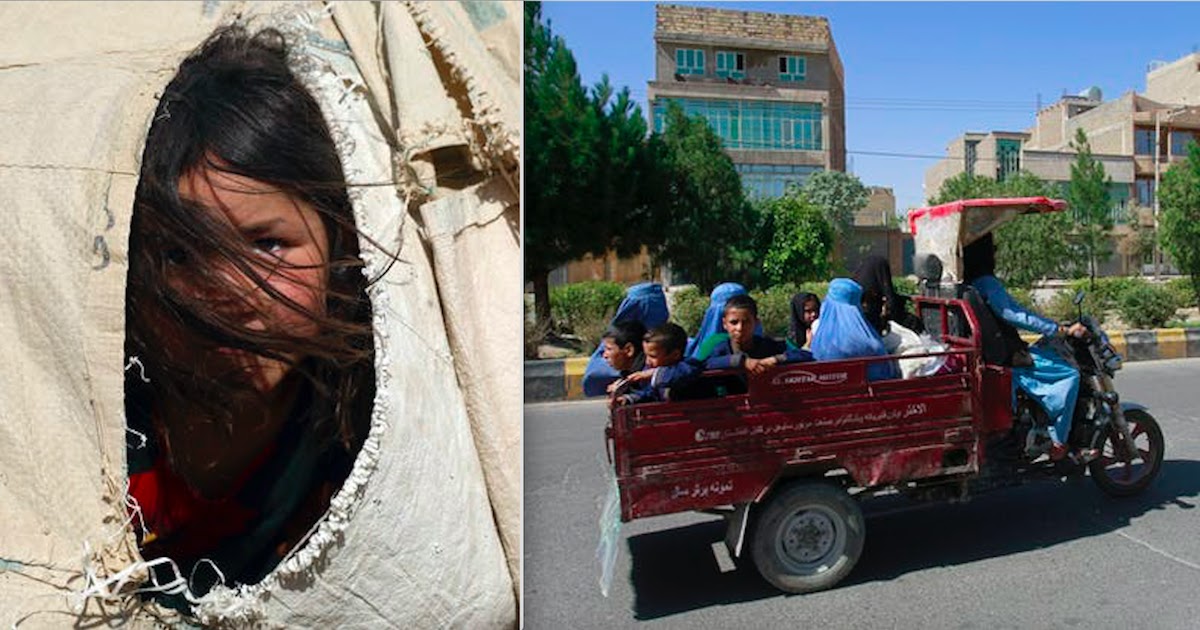
A journalist, Vrinda Narain, has proposed a four-point plan regarding how women and girls can be protected from the Taliban regime which has now retaken Afghanistan.
The Taliban regime, which ran Afghanistan from 1996 to 2001 imposed strict Sharia law, forcing girls and women to be entirely covered and passing death sentences for minor offences. They also banned women from working, driving, being educated or even leaving home without a male guardian.
It is now feared that same style of regime will return after a 20-year absence.
In a piece written for The Conversation Narain says:
"Despite claiming they've changed their stance on women's rights, the Taliban's actions and latest efforts to commit thousands of women to sexual slavery demonstrate quite the opposite. Furthermore, the Taliban have signalled their intention to deny girls' education past the age of 12, to ban women from employment and reinstate the law requiring women to be accompanied by a guardian."
"The gains made by Afghan women over the past 20 years, particularly in education, employment and political participation, are under grave threat. Offering "wives" is a strategy aimed at luring militants to join the Taliban. This is sexual enslavement, not marriage, and forcing women into sexual slavery under the guise of marriage is both a war crime and a crime against humanity."
Narain is now calling for the United Nations to impose a four-point program that will protect women's rights in the country.
She states:
I propose four policy actions for the international community to bring about sustainable peace. They're guided by Resolution 1820 that underscores the importance of including women as equal participants in the peace process and condemns all forms of gendered violence against civilians in armed conflict:
Calling for an immediate ceasefire to ensure the peace process can proceed in good faith.
1. Ensuring that women's rights — enshrined in Afghanistan's Constitution, national legislation and international law — are respected.
2. Insisting that peace negotiations continue with meaningful participation of Afghan women. Currently, there are only four women peace negotiators on the Afghan government's team and none on the Taliban's.
3. Lifting sanctions against the Taliban must be conditional on their commitment to uphold women's rights. The European Union and the United States, currently the largest donors to Afghanistan, must make aid conditional upon women's rights and their access to education and employment.
4. Lifting sanctions against the Taliban must be conditional on their commitment to uphold women’s rights. The European Union and the United States, currently the largest donors to Afghanistan, must make aid conditional upon women’s rights and their access to education and employment.
The onus will now be on the rest of the world as to how they respond to the developing situation in Afghanistan.














COMMENTS